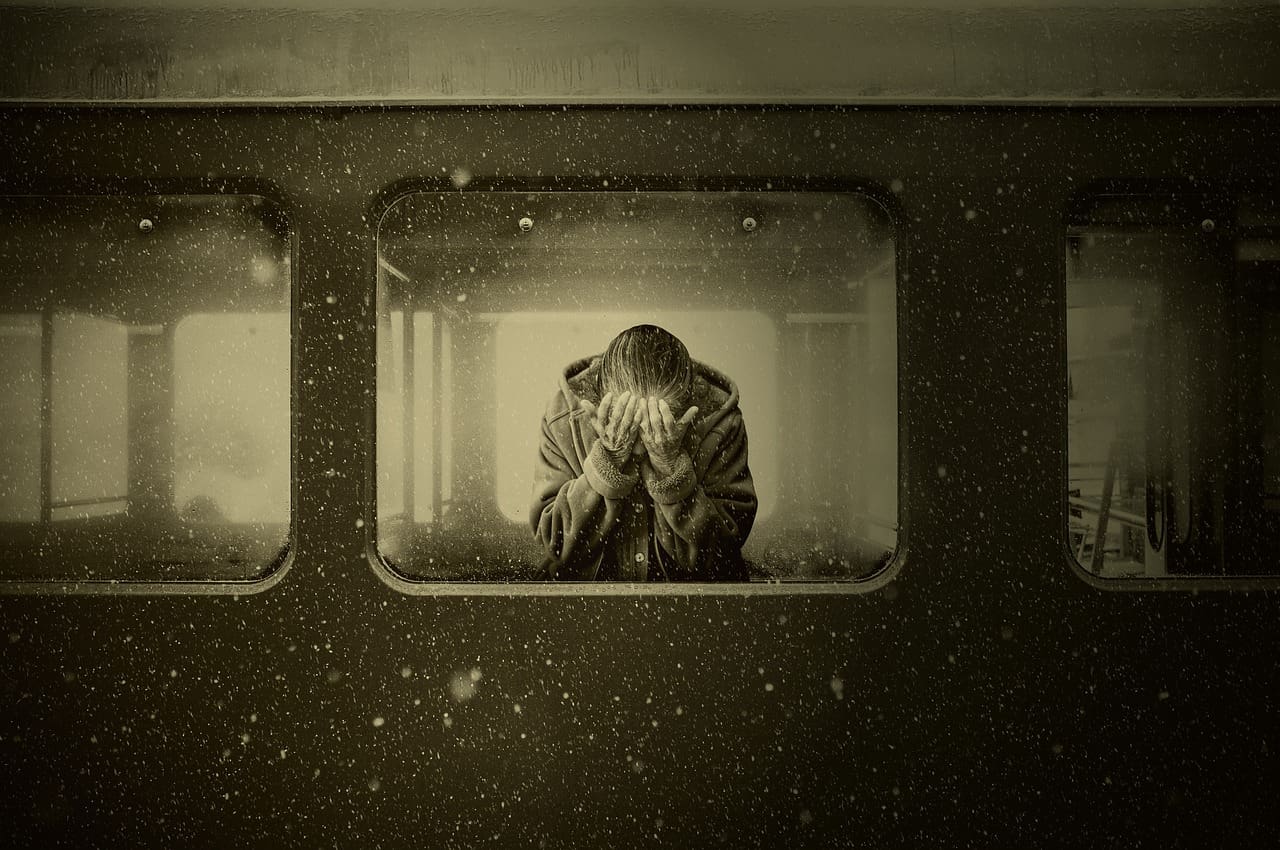Welcome to an article that will provide you with tips and strategies for dealing with grief and loss. Losing a loved one can be one of the hardest experiences in life, but it is important to remember that you are not alone. This article will offer you practical advice on how to navigate through the emotions and challenges that come with grieving, as well as suggest ways to cope and heal during this difficult time. Remember, it’s okay to seek help and support as you journey through the process of mourning. Have you recently experienced a significant loss in your life? Whether you have lost a loved one, a job, a relationship, or something else that was important to you, dealing with grief can be an overwhelming and challenging experience. In this article, we will explore different strategies and techniques to help you cope with grief and loss in a healthy and productive way.

Understanding Grief and Loss
Losing someone or something important to you can trigger a range of emotions, from sadness and anger to confusion and guilt. It’s important to understand that grief is a normal and natural response to loss, and everyone experiences it differently. Some common symptoms of grief may include:
- Shock and Disbelief: It can be hard to accept the reality of the loss, leading to feelings of disbelief.
- Denial: You may find yourself in denial, refusing to believe that the loss has occurred.
- Sadness: Feelings of deep sadness and despair are often prevalent during the grieving process.
- Anger: Grief can also manifest as anger, directed towards yourself, others, or even at the situation itself.
- Guilt: You may experience feelings of guilt, thinking about what you could have done differently to prevent the loss.
It’s Okay to Grieve
It’s important to remember that it’s okay to grieve and that there is no right or wrong way to do it. Everyone copes with grief differently, and there is no timeline for how long it should last. Allow yourself to feel and express your emotions, and don’t be afraid to seek support from friends, family, or a therapist if needed.
Coping Strategies for Dealing with Grief and Loss
While it may feel like there is no end in sight to your pain and sorrow, there are coping strategies that can help you navigate through the grieving process. Here are some techniques to help you cope with grief and loss more effectively:
Express Your Feelings
One of the most important things you can do when dealing with grief is to express your feelings in a healthy way. Talk to a trusted friend or family member about what you’re going through, or consider joining a support group where you can share your experiences with others who are also grieving.
Take Care of Yourself
During times of grief, it’s easy to neglect your own well-being. Make sure to take care of yourself by eating well, getting enough sleep, and engaging in physical activity. Exercise can be a great way to release pent-up emotions and boost your mood.
Create Rituals
Creating rituals to honor the memory of your loved one or the loss you have experienced can help you find closure and peace. Consider lighting a candle, planting a tree, or writing in a journal as a way to commemorate the person or thing you have lost.
Seek Professional Help
If you find that your grief is overwhelming and interfering with your daily life, don’t hesitate to seek professional help. A therapist or counselor can provide you with the tools and support you need to navigate through your grief and come out stronger on the other side.

Dealing with Grief in Different Situations
Grief can manifest in different ways depending on the type of loss you have experienced. Whether you are dealing with the death of a loved one, a breakup, a job loss, or another significant loss, there are specific strategies you can use to cope with grief effectively.
Dealing with the Death of a Loved One
Losing a loved one can be one of the most challenging and painful experiences an individual can face. Here are some tips for coping with the death of a loved one:
- Allow Yourself to Grieve: Give yourself permission to grieve in your own way and in your own time.
- Remember the Good Times: Cherish the memories you shared with your loved one and celebrate their life.
- Reach Out for Support: Lean on friends and family for support during this difficult time.
- Create a Memorial: Consider creating a memorial or holding a ceremony to honor the memory of your loved one.
Dealing with a Breakup
Breakups can be just as devastating as the death of a loved one, especially if you were deeply invested in the relationship. Here are some tips for coping with a breakup:
- Give Yourself Time to Heal: Allow yourself to feel the pain of the breakup and give yourself time to heal.
- Practice Self-Care: Take care of yourself by eating well, getting enough sleep, and engaging in activities that bring you joy.
- Reach Out for Support: Lean on friends and family for emotional support, and consider seeking therapy to work through your feelings.
Dealing with Job Loss
Losing a job can bring feelings of uncertainty, fear, and insecurity. Here are some tips for coping with job loss:
- Allow Yourself to Grieve: It’s okay to feel sad, angry, or frustrated about losing your job. Allow yourself to grieve the loss of your income, routine, and sense of security.
- Take Action: Start looking for new job opportunities, update your resume, and reach out to your professional network for support.
- Focus on the Positive: Use this time as an opportunity to explore new career paths, develop new skills, and pursue your passions.
Dealing with Other Types of Loss
Loss can come in many different forms, whether it’s the loss of a friendship, a pet, a dream, or a sense of identity. Here are some tips for coping with other types of loss:
- Acknowledge Your Feelings: Whatever type of loss you are experiencing, it’s important to acknowledge your emotions and allow yourself to grieve.
- Practice Acceptance: Accept that life is full of changes and uncertainties, and that loss is a natural part of the human experience.
- Seek Support: Lean on friends, family, or a therapist for support during this challenging time. You don’t have to go through it alone.
Moving Forward After Grief and Loss
While the pain of grief may never fully go away, it is possible to find healing, acceptance, and meaning in the aftermath of loss. Here are some strategies to help you move forward after experiencing grief and loss:
Embrace Change
Grief can be a catalyst for change in your life, whether it’s in your relationships, your career, or your personal growth. Embrace the changes that come with grief and use them as an opportunity to grow and evolve as a person.
Find Meaning and Purpose
One way to find healing after loss is to search for meaning and purpose in your life. Consider how the loss has impacted you and what lessons you can take away from the experience. Use it as a catalyst for personal growth and self-discovery.
Practice Gratitude
In the midst of grief and loss, it can be challenging to find things to be grateful for. However, practicing gratitude can help shift your perspective and focus on the positive aspects of your life. Reflect on the things you are grateful for, no matter how small they may seem.
Seek Joy and Fulfillment
As you navigate through grief and loss, don’t forget to seek joy and fulfillment in your life. Engage in activities that bring you happiness, spend time with loved ones, and pursue your passions. Finding moments of joy can help you heal and move forward after loss.
In conclusion, dealing with grief and loss is a difficult and emotional process, but it is also a natural part of the human experience. Remember that it’s okay to grieve, that everyone copes with loss differently, and that there is no right or wrong way to navigate through grief. By expressing your feelings, taking care of yourself, seeking support, and finding meaning in your experience, you can find healing and growth in the aftermath of loss. Remember to be patient and kind to yourself as you move through the grieving process, and know that brighter days are ahead.

